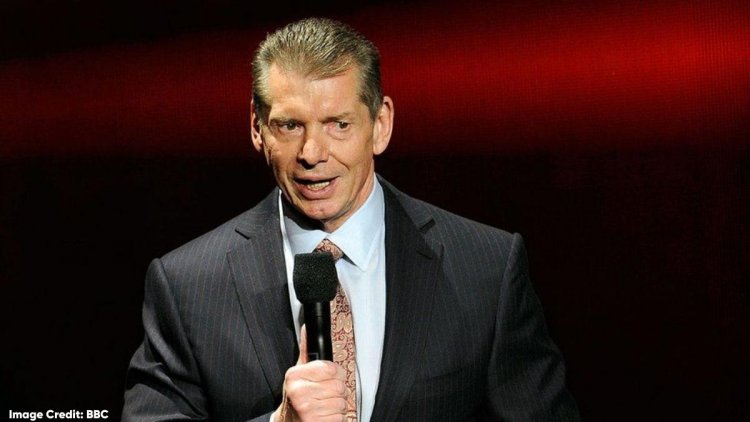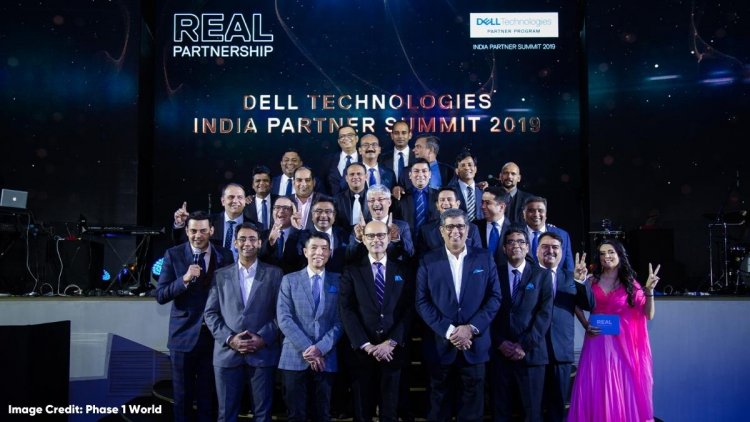How Sports And Entertainment Industries Go Hand In Hand
How Sports And Entertainment Industries Go Hand In Hand
Updated on October 22, 2022 11:45 AM by Michael Davis
Sports entertainment is one in which an ostensibly competitive event is presented with a high level of theatrical flourish and elegant presentation to entertain the audience. The primary purpose of sports entertainment is a performance for the benefit of an audience. As a result, they are never practiced privately, unlike typical sports and games conducted for competition, sportsmanship, physical exercise, or personal recreation. The outcomes are frequently, but not always, predetermined.
People of all ages and backgrounds attend today's sporting events looking for more than just a seat in action. Businesses are quickly responding to fans' growing importance on the enjoyment and entertainment they receive off the field at major sporting events.
On a global scale, the industry is far better at developing entertainment-driven strategies for its major sporting events than a decade ago. It is now impossible to separate the sports and entertainment industries; just think of Shakira at the 2010 World Cup, cheerleaders at the Indian Premier League Cricket, and Janet Jackson and Justin Timberlake at the Super Bowl, With the expectation that they will be entertained when they buy tickets to today's events. It is becoming increasingly important to entertain in addition to winning on the field or court.
History

The chairman of World Wrestling Entertainment (WWE), Vince McMahon, coined "sports entertainment" in the 1980s as a marketing term to describe the professional wrestling industry, primarily to potential advertisers. However, there have been precursors to this term since February 1935, when Toronto Star sports editor Lou Marsh referred to professional wrestling as "sportive entertainment."At an Amateur Athletic Union convention, Avery Brundage, a vocal supporter of amateurism, stated, "Professional sport is not a sport at all, it's fun to watch". In 1989, the WWF used the phrase in a case it brought before the New Jersey Senate to argue that professional wrestling should not be regulated like a competitive sport because it should be considered "sports entertainment."
Some sporting events are recreations of actual sports, like exhibition basketball with the Harlem Globetrotters. Other sporting events alter the sport for the purpose of entertainment. A lot of professional wrestling, which is derived from traditional wrestling, and more recently, a lot of the mascot races held between innings at a lot of Major League Baseball games. In the 1970s, roller derby was popular as a form of sports entertainment, but there are now legitimate rivals.
Add Block
Perception
Sports entertainment is regarded as mindless pop culture because it sometimes glorifies violence for the sake of entertainment, and has been criticized as such in popular media, frequently through humor.
In the United States, many famous people openly admit to enjoying certain sports entertainment, while many others have participated in it or paid for it. Shaquille O'Neal, a professional basketball player, is an avid fan of pro wrestling and regularly attends WWE events. Floyd Mayweather, Jr., on the other hand, has expressed an interest in pursuing a career in the WWE when he retires from professional boxing.
'Sports Entertainment' Is For Advertisers", Stephanie McMahon

Stephanie McMahon presented at the 2018 WWE Business Partner Summit in front of investors and media. Her talk was about how WWE changed the entertainment industry as a whole. She explained in her speech why WWE used the term "sports entertainment" when they first appeared on television. "Advertisers either had an adverse reaction to the words 'professional wrestling' or they simply did not understand what it was. So how could we create a term or a label potential partners could understand...that's when we coined the term 'sports entertainment,'" said McMahon.





